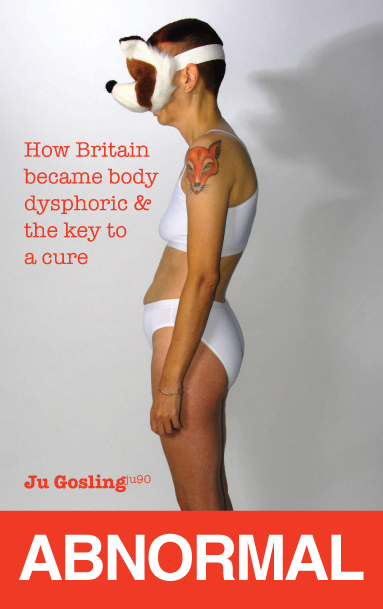
By chance, my appointment to be "registered" as disabled with my local social services department came during the same month that I began my oral project, in April 1994. Registration is an extreme example of the administrative model of disability, in which an individual is classified according to criteria of inability against a model of an ideal body in order that this classification, in conjunction with other assessment criteria, can be used to determine benefit levels and so on. Margrit Shildreick and Janet Price, in "Breaking the Boundaries of the Broken Body" (Body & Society, Vol 2 no 4, December 1996, pp100-105), discuss how those who need to place themselves within these classifications "are obliged to take personal responsibility in turning a critical gaze upon their own bodies", and offer a devastating critique of the system.
However, whilst it was both stressful and distressing, I still found registration to be a more positive experience than in the medical system, where the same self-criticism is required as a prerequisite to treatment. This was because the social worker believed my description of my impairment, probably because as a Black woman she was able to recognise me as a fellow professional. It then became apparent during her questioning that the impact of other people's denial of my description - and thus of my impairment - meant I had been denying the impact which impairment was having on my life. She therefore registered me as moderately disabled while I would have assessed myself as mildly disabled. She was also able to offer me practical help and advice in negotiating the administrative model, resulting in my receiving the non-means-tested benefit Disability Living Allowance (£51.60 a month in 1997) and an Orange Badge which allows me parking concessions, and entitling me to price concessions at local leisure centres and so on.
The only omission which I later found was that I was not told I was also entitled to a Taxi Card (this gives price concessions on a very limited number of trips a year). When I did find this out I was told that I had to attend the social services department in person to collect it, and due to difficulty in obtaining a lift and lack of money to pay for a full-price taxi, I am still without one. Services for disabled people are seldom designed to meet our needs; if they were, home visits would be a top priority, however accessible buildings themselves are made.
| Dr Ju Gosling aka ju90's ABNORMAL: How Britain became body dysphoric and the key to a cure is available now for just £3.09 for the Kindle or in a limited-edition hardback with full-colour art plates for £20 inc UK postage and packing. |  |